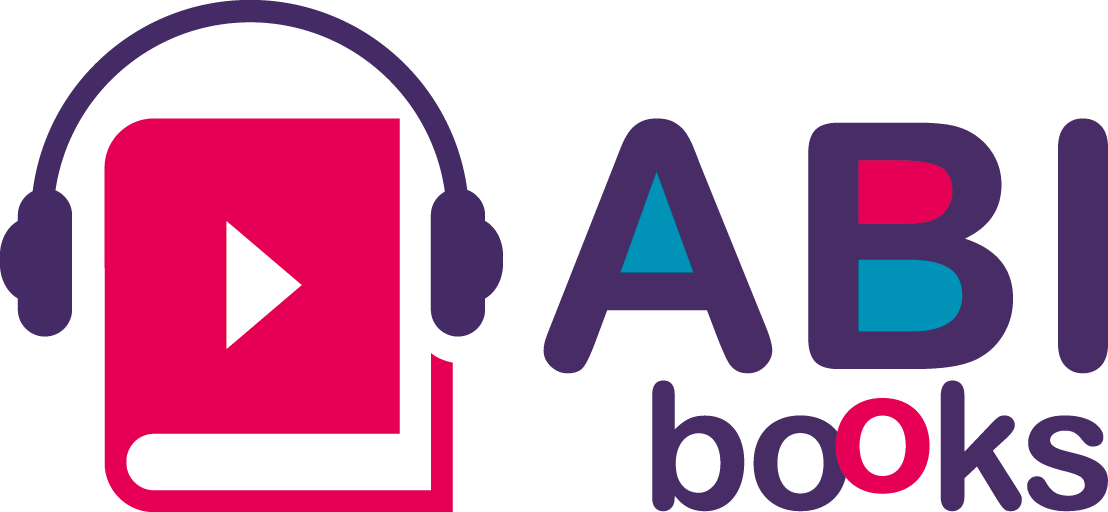Why?
In the digital age, where technology permeates every facet of our lives, the way children acquire and engage with knowledge has undergone a significant transformation. One notable change is the increasing prevalence of e-books as a learning tool in early education. In the midst of this evolution, the role of parents is becoming essential in shaping their children’s literacy journey. This essay explores the multifaceted ways in which parents contribute to their children’s early literacy development through the use of e-books. Reading to children is a wonderful way to promote language development, encourage a love of learning and strengthen the bond between parents and children. Here are some tips for parents when reading books to their children.
How?
Involving parents in book selection: Parents play a crucial role in creating a digital library for their children. By selecting age-appropriate, educational and stimulating e-books, parents can ensure that their children are exposed to content that aligns with their developmental stage. Well thought-out curation can spark curiosity and encourage a love of reading from an early age.
Encourage reading habits and techniques: Beyond selecting e-books, parents can actively engage in reading sessions with their children. This involvement is not just about the content of the book, but also about instilling appropriate reading habits and techniques. Parents can model effective reading strategies, such as decoding words, predicting outcomes and understanding context, which are essential skills for literacy development.
Stimulating critical thinking and comprehension: E-books often come with interactive features that can improve a child’s comprehension skills. Parents can encourage their children to engage with these features by asking questions about the story, characters and illustrations. By encouraging critical thinking while exploring ebooks, parents help develop analytical skills that extend beyond the digital realm.
Balance screen time and other activities: While ebooks provide a valuable resource for learning, it is essential that parents balance screen time with other activities. Setting limits on the use of digital devices ensures that children have a well-rounded experience, engaging in physical activities, social interactions and imaginative play – all of which contribute to holistic development.
Cultivating a positive attitude towards reading: Parents have the power to shape their children’s attitudes towards reading. By creating a positive and enjoyable reading environment, parents can instil a lifelong love of learning. Incorporating e-books into this environment can make the reading experience dynamic, interactive and tailored to a child’s evolving interests.
Conclusion
In the evolving landscape of early education, e-books have emerged as a valuable tool for promoting literacy skills. However, the impact of these digital resources is maximised when parents actively participate in their children’s reading journey. By carefully selecting ebooks, actively engaging and cultivating positive reading habits, parents become the architects of a foundation for lifelong learning. As we navigate the digital age, the partnership between parents and ebooks becomes a cornerstone in shaping the literary landscape of the next generation.
